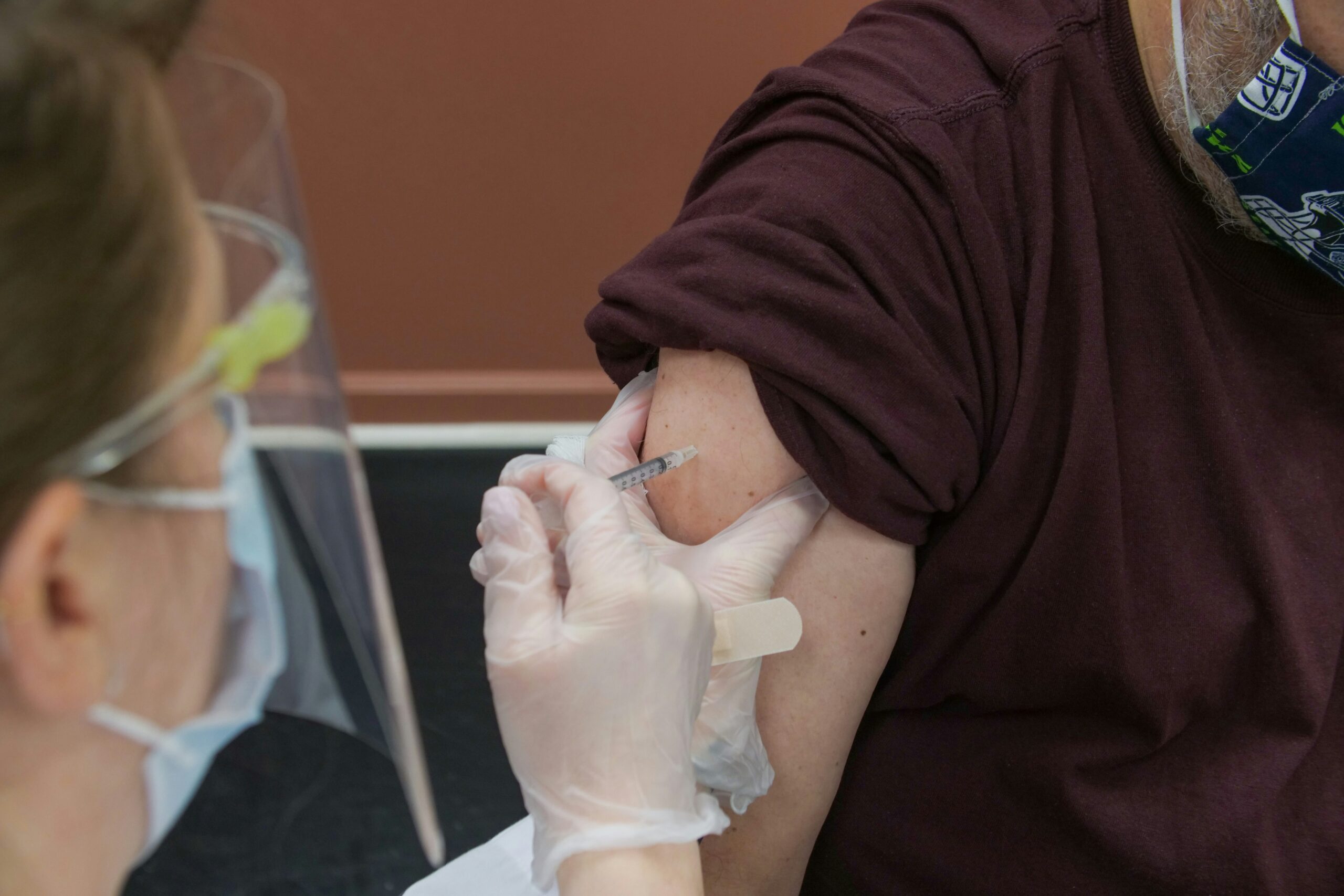The link between spirituality and addiction is far removed from science-based psychology and psychiatry. Understandably, measurement-based care has become a high-profile issue in the behavioral health care field, including substance abuse treatment. It is a laudable principle, of course, that treatment methods for the disease of addiction should be evidence based with measurable outcomes. Many treatment centers, however, also include a strong spiritual element in addiction recovery. Many addiction professionals regard addiction as a bio-psycho-social-spiritual disorder that requires treatment of all four aspects. One of the founders of Alcoholics Anonymous (AA) famously started his recovery journey with a profound spiritual experience. His doctor couldn’t explain it in medical terms, but he advised Bill W. to hold on to it because he judged it was so much better than what he had before. Spirituality has played an important role in 12-Step programs ever since. Although it cannot easily be quantified, spirituality is highly valued by many specialists as an important weapon in the fight against addiction. “Clients in treatment speak of spirituality in terms of a turning point in their lives, protection and support from a higher power, guidance of an inner voice, life meaning, gratitude and service work with others seeking recovery,” addiction experts William White and Alexandre Laudet write in Spirituality, Science and Addiction Counseling. “The depth of this spirituality rises with length of recovery.”
The Difficulties of Linking Spirituality And Addiction
One of the difficulties in linking spirituality and addiction is the lack of a universally accepted definition of spirituality. British psychiatrist Larry Culliford writes that “spirituality is better thought of as a boundary-less dimension of human experience. As such, it must be admitted, it is not open to the normal methodologies of scientific investigation.” Spirituality includes both theistic and non-theistic interpretations. In the 21st century, it can mean many different things to many different people.
For Culliford it “involves a holistic appreciation of a universe in which everyone and everything is connected seamlessly with everyone and everything else.”
White and Laudet explain how “clients describe spirituality as a subjective experience, a relationship (with self and/or with resources beyond the self), a core quality of character and a style of living. Spiritual experiences are distinguished from other experiences by their acute clarity and authenticity, their intensity (transcending ordinary experience) and their catalytic power.” And it is the catalytic power that matters in addiction treatment. If people with addictions can reach that all-important turning point, their chances of maintaining abstinence from drugs and alcohol increase significantly.
Potential Effects of An Absence of Spirituality
Conversely, the absence of a spiritual worldview can also be viewed as a causal factor for various behavioral health conditions, including addiction. If your mood is persistently depressed by existential dread and hopelessness, substance misuse can easily been mistaken as a way to ease the pain. But if individuals are able to transcend ordinary experience with a spiritual awakening experience, their outlook on life can change dramatically. It is the kind of change many rehab programs try to effect in patients but usually that is not easily done. An authentic conversion of patients is required. If they only go through the motions, the spiritual resilience to substance misuse will not materialize. New York University psychiatry professor Marc Galanter studied the medical efficacy of prayer as used by Alcoholics Anonymous. He asked long-term AA members to participate in an fMRI protocol. When shown trigger pictures, subjects were able to control their cravings with prayers.
“It appears that the experience of AA over the years had left these fellowship members with an innate ability to use the AA experience—prayer in the case of this study—to minimize the effect of alcohol triggers in producing craving.”
– Marc Galanter
Mindfulness Training In Addiction Treatment
Another widely employed spiritual method is mindfulness training. This Asian, Buddhist-inspired approach helps patients neutralize cravings and reduce stress by grounding them firmly in the present moment. “Recovery is done one day at a time, so being able to stay in the moment is crucial for patients,” says Glenn Wheeler, a therapist with Stepping Stone, the sister center of Lakeview Health. “People in recovery cannot afford to get stuck in the past or obsess about the future. That’s why they need to learn how be present in the now as quickly as possible.” Alumna Julie C. certainly appreciates the value of her mindfulness sessions. “Glenn Wheeler helped me learn how to quiet my mind and meditate so I could finally get a good night’s sleep after all of the damage that was done by my addiction.”




